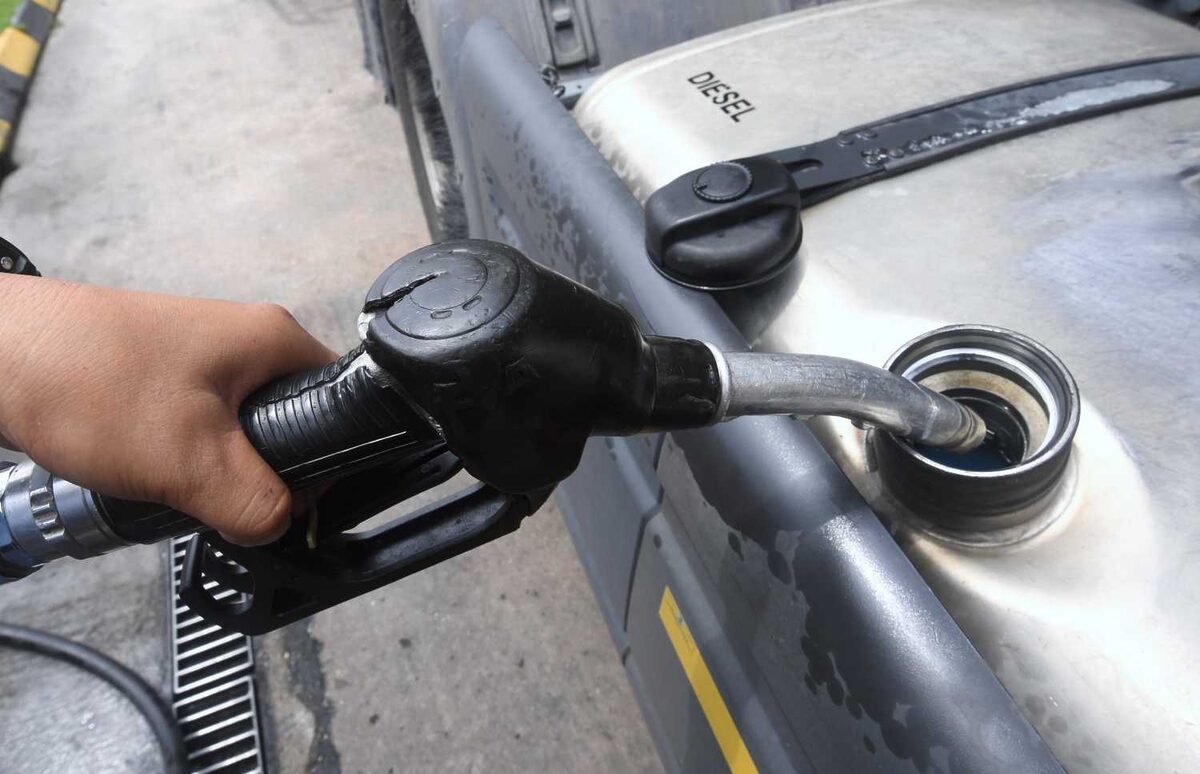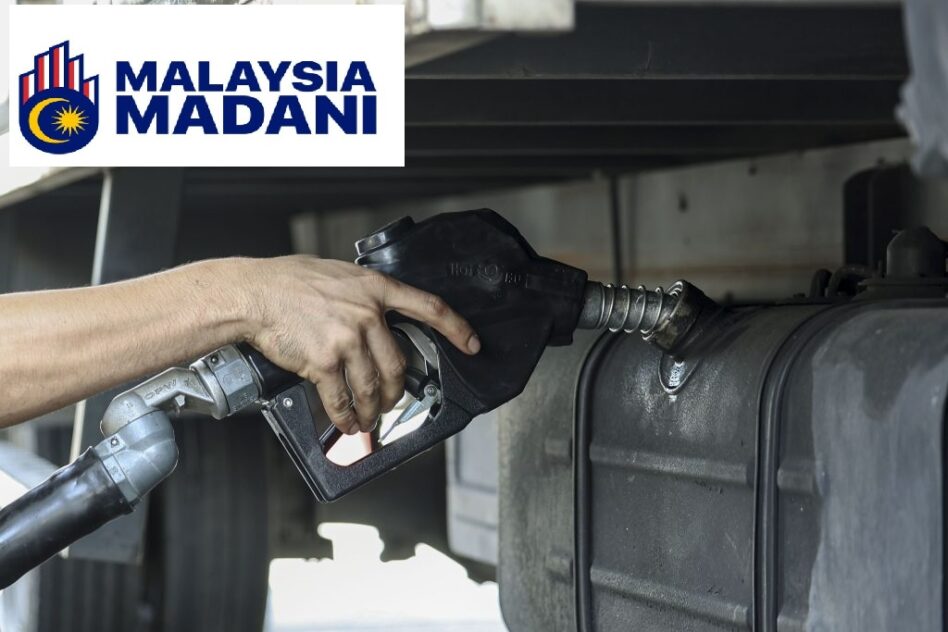
THE intricate relationship between politics and economics is a subject of considerable debate and analysis. Political decisions significantly impact economic policies and vice versa, shaping the landscape of nations and influencing the lives of citizens.
In recent years, this interplay has become increasingly complex, with governments navigating the challenges of globalisation, technological advancement, and socio-economic disparities.
A recent example in Malaysia is the removal of diesel subsidies. These subsidies, originally intended to support lower-income households, have been widely misused, often benefiting high-income households instead.
According to The Straits Times, high-income groups have disproportionately benefited from these subsidies, leading to significant economic inefficiencies.
This misuse underscores the need for subsidy reform to ensure that financial assistance reaches those who need it most. Although the removal of these subsidies is essential, it poses a significant political risk, potentially alienating a substantial portion of the electorate.
From an economic standpoint, the influence of political decisions on markets and industries is profound. Fiscal policies, such as government spending and taxation, directly affect economic activity.
Monetary policies, managed by central banks, influence interest rates and money supply, thereby impacting inflation and unemployment rates.
The removal of diesel subsidies in Malaysia illustrates the economic rationale behind difficult political decisions.
By cutting these subsidies, the government aims to strengthen its fiscal capability. Moreover, the economic benefits include discouraging smuggling and leakages.
According to a Bernama report, Malaysia loses around RM10 bil annually due to diesel smuggling, much of which is transported to neighbouring Thailand where it is sold at a higher price.

The recent subsidy rationalisation has led to a 30% drop in daily diesel sales in Peninsular Malaysia and a 40–50% reduction in border areas, indicating the effectiveness of this policy in curbing illegal activities.
By aligning fuel prices with market rates, the government can reduce these distortions, promoting a more efficient and fair market. The savings can be reallocated to other critical areas such as education, healthcare, and infrastructure development.
Rationale
Understanding the rationale behind the intertwining of politics and economics is essential for comprehending the broader implications of policy decisions.
Political leaders aim to achieve various objectives, including economic stability, growth, and equitable distribution of resources. However, these goals often require trade-offs and prioritisation.
The rationale behind removing diesel subsidies is multifaceted. While it strengthens fiscal capability and discourages illegal activities, it also has significant socio-economic implications.
For many citizens especially those in lower-income brackets, the increased fuel costs can lead to higher living expenses.
Although the Consumer Price Index (CPI) for transport is expected to rise following the subsidy removal, this measure is necessary to correct the misuse of subsidies and promote economic efficiency.
Nevertheless, challenges remain in policy implementation. A World Bank economist highlighted that Malaysia has numerous policies but lacks effective implementation, leading to inefficiencies and hampering economic progress.
Suggestions for improvement
To make the policy more effective and mitigate its adverse effects, several strategies could be implemented:
Ensure subsidies or rebates reach target groups: Implement robust mechanisms to ensure that subsidies or rebates are directed toward the intended beneficiaries. This could include better targeting systems, means testing, and regular audits to prevent misuse and ensure that financial assistance reaches those who need it most.
Increase border enforcement: Enhancing enforcement at border areas can further curb smuggling activities. This includes deploying more customs officers, utilising advanced surveillance technologies, and increasing penalties for smugglers.
Create high-income jobs: Initiatives to boost monthly incomes through the creation of high-income jobs are crucial. This can be achieved by investing in education and vocational training, promoting industries that offer higher wages, and supporting entrepreneurship.
Attract high-value added FDI: Attracting foreign direct investment (FDI) in high-value-added sectors can drive economic growth. This involves creating a favourable business environment, offering incentives for high-tech industries, and strengthening intellectual property rights protection.

The separation of politics and economics, while conceptually appealing, is practically challenging. The rationale behind policy decisions often involves a complex interplay of political objectives and economic realities.
The removal of diesel subsidies in Malaysia is a case in point, highlighting the difficult balance between strengthening fiscal capability and maintaining political support.
A nuanced understanding of both domains is crucial for crafting policies that promote sustainable and inclusive growth.
In an increasingly interconnected world, the ability to navigate the intersection of politics and economics will remain a key determinant of national and global prosperity.
For Malaysia, the path forward requires both political courage and public maturity, recognising that sound economic policies, though sometimes unpopular, are essential for long-term stability and growth.
Goh Lim Thye is a senior lecturer from the Faculty of Business and Economics at Universiti Malaya.
The views expressed are solely of the author and do not necessarily reflect those of MMKtT.
- Focus Malaysia



No comments:
Post a Comment
Note: Only a member of this blog may post a comment.